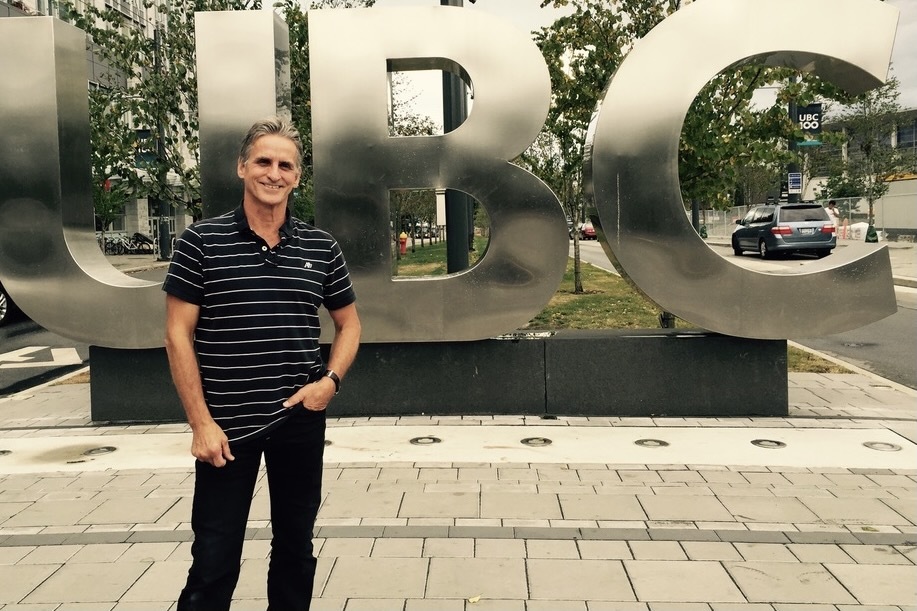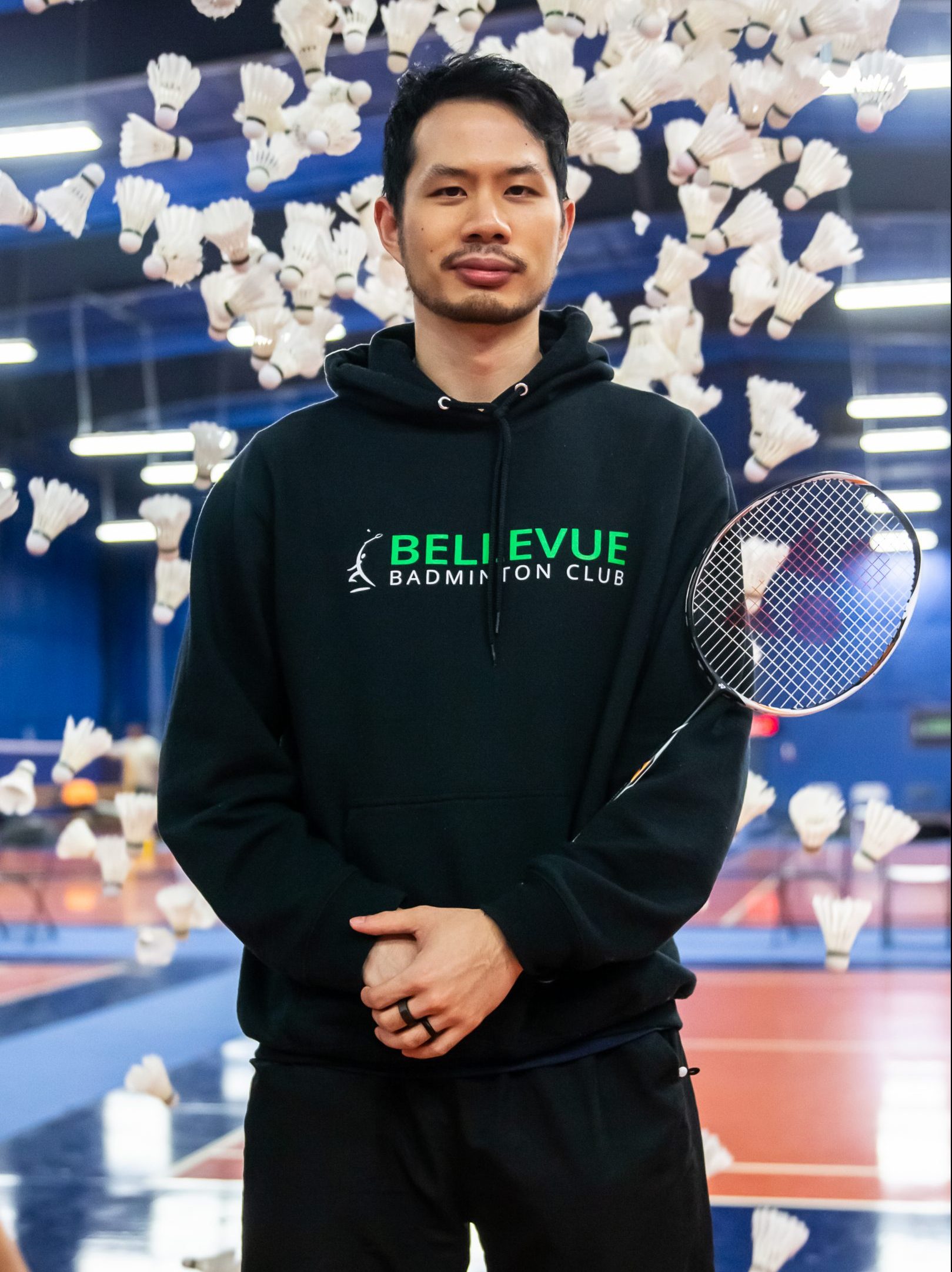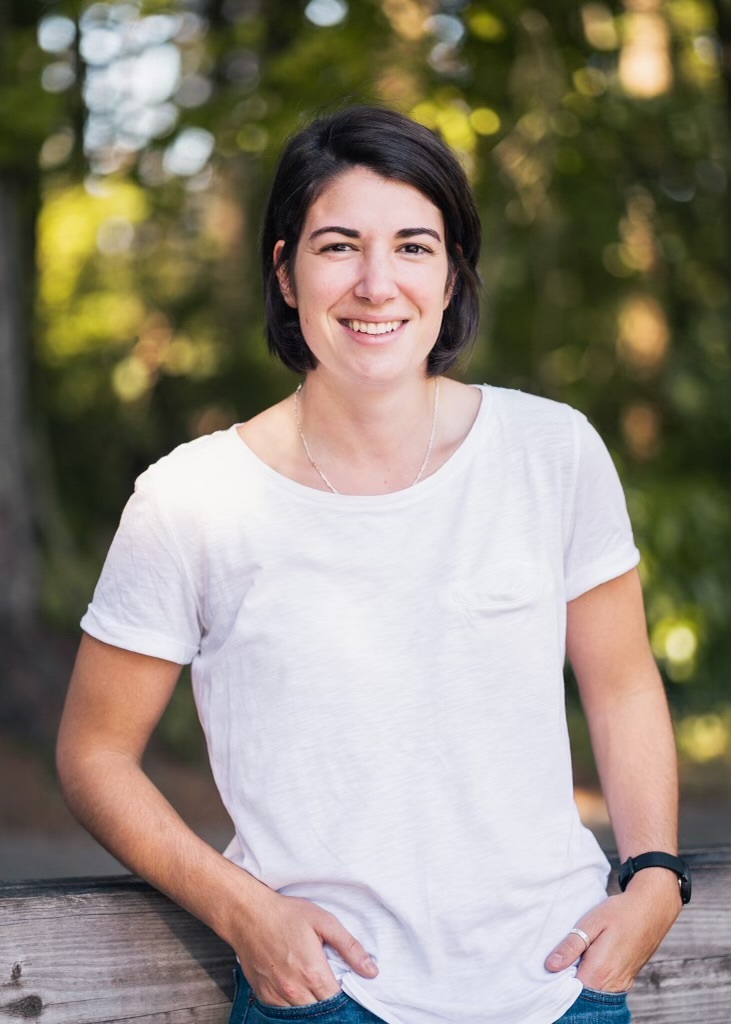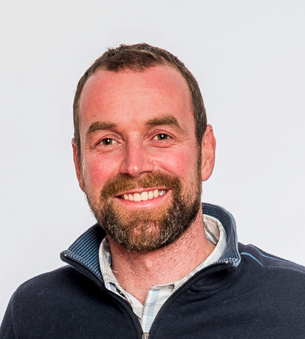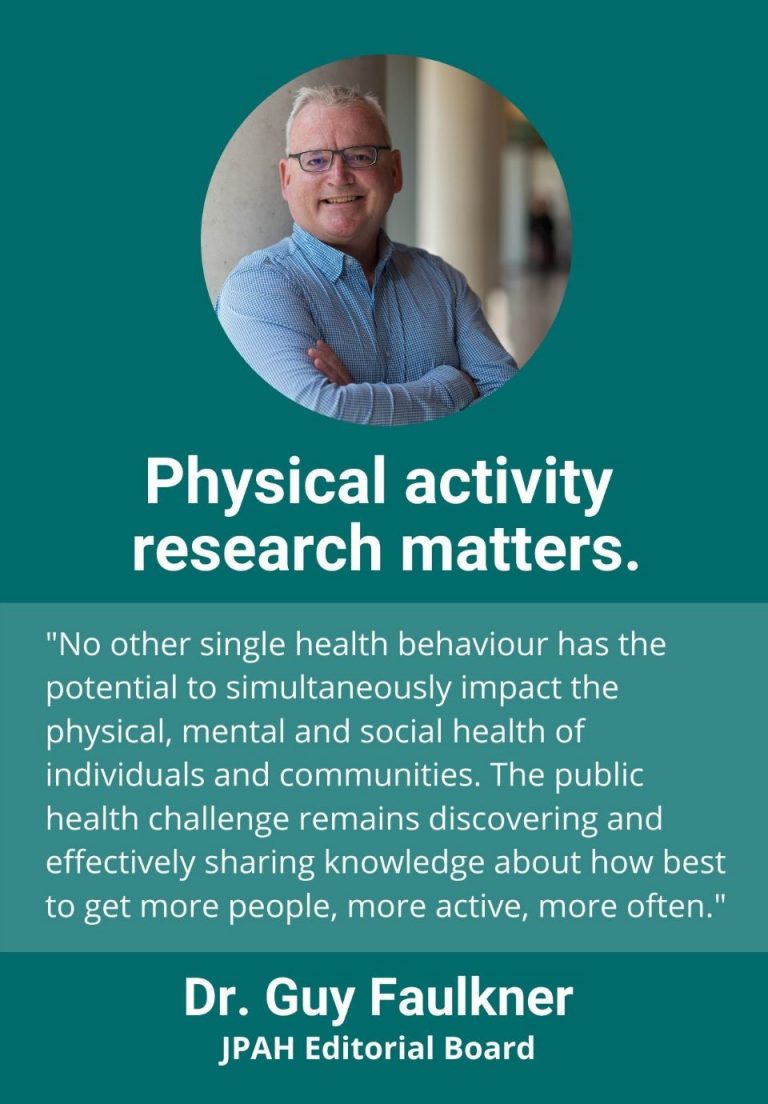
Michael Liu is a 3rd-year Kinesiology student in the neuromechanical and physiological sciences stream. He participated in the Canadian Olympic Committee mission team at the 2022 Olympic Winter Games in Beijing, and is an ambassador for the Richmond Olympic Experience, the first North American museum of the International Olympic Committee’s Olympic Museums Network.
Michael has been passionate about sports since childhood. He knew that after high school he wanted to deepen his understanding of sports and pursue a scientific speciality that explored human movement on a macro-level. Consequently, he enrolled in the UBC School of Kinesiology and has been heavily involved in sports journalism and media ever since. He is a senior sportswriter for the Ubyssey and write for other publications covering teams such as the Pacific FC, Canadian men’s soccer team, Canadian men’s sevens rugby team, Abbotsford Canucks, and Vancouver Canucks. Likewise, he reports on UBC sports at CiTR 101.9FM’s sports radio show, Thunderbird Eye, and is the travel and safety lead of the Quidditch Thunderbird Sport Club.
With a year left to his undergraduate studies, his degree is already preparing him to pursue a career in sports. Recently, he attended the 2022 Beijing Winter Olympics, and it was nothing short of a remarkable experience. “Seeing the workings behind the scenes was incredible, as well as contributing to the success of Team Canada on and off the competition stage,” reflects Michael. He was the only current UBC student working on the mission team, so he was representing both Canada and UBC. It was no easy job for him to work at the Olympics while being a student, but his experience expanded his understanding of Kinesiology and how he could apply his degree to the real world. Furthermore, the event brought him back to his cultural roots and encouraged him to embrace his heritage through his love of sport. “I felt that I was able to relate more, understand more because I spoke the language and understood the culture,” notes Michael. “Bridging the cultural gap was something I was extremely proud of.” As a KIN student, attending the Olympics was certainly Michael’s proudest moment.
When asked where issues of inclusion find a place in his life or work, Michael mentions that there is still a lack of racial diversity and representation in professional sport, which can impact people’s aspirations to pursue a career in the industry. “The sporting world is predominantly led by white people. As a child growing up in Canada, I had a hard time finding role models. I bounced from sport to sport, trying my hand at everything because I liked it, but not really having anything to aspire to.” He believes that racial diversity benefits the sports industry because it reassures many passionate BIPOC individuals that they do have a place and can succeed in the field. As BIPOC representation is beginning to grow, he hopes to be a part of it and inspire others to enter the sporting world.
Michael is committed to spark more public interest in competitive sports and strongly believes in the Olympic movement. He is a storyteller and guide for visitors at the Richmond Olympic Experience, assisting them “through the exhibits” and “providing guided tours to special delegations.” Additionally, he is dedicated to support university athletes through strengthening their performance. As a student athletic trainer at UBC Athletics, he helps UBC football players to “prevent injuries” and assists in daily operations. After he graduates, he hopes to work in sports medicine, particularly in U SPORTS, NCAA Division 1, or a professional sports league.
Michael’s tips for prospective KIN students: Always chase after your passions and dreams. Be ready for opportunities that present themselves and enjoy each moment of them.
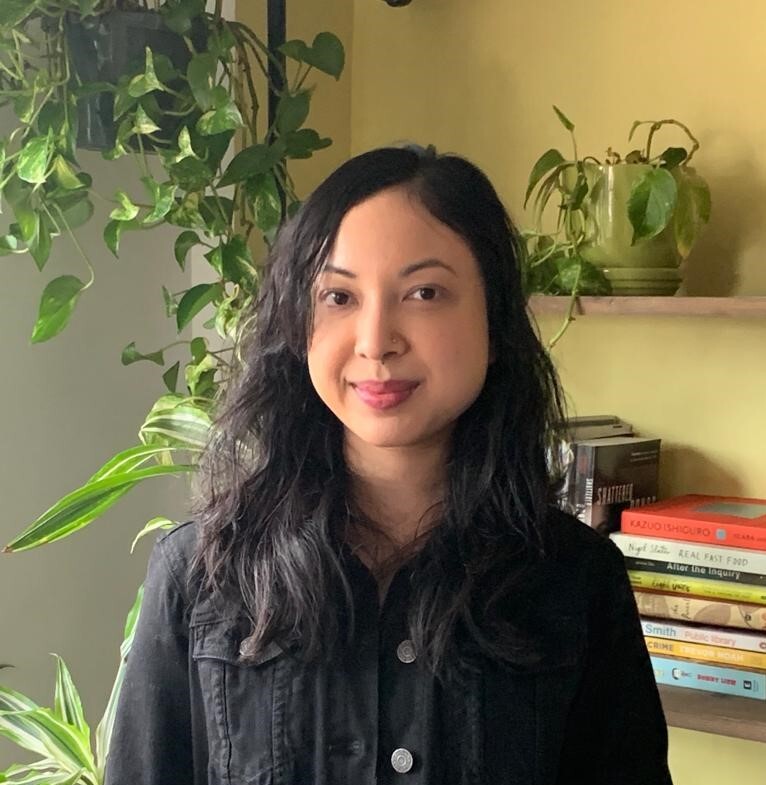 Deana Kanagasingam is a PhD candidate in Kinesiology (Socio-Cultural Studies) at the School of Kinesiology, University of British Columbia. Her research explores how principles of social justice, weight-inclusiveness, and person-centredness are integrated into healthcare practice. She holds a Master of Arts in Women’s and Gender Studies, with a specialization in Women’s Health, from the University of Toronto.
Deana Kanagasingam is a PhD candidate in Kinesiology (Socio-Cultural Studies) at the School of Kinesiology, University of British Columbia. Her research explores how principles of social justice, weight-inclusiveness, and person-centredness are integrated into healthcare practice. She holds a Master of Arts in Women’s and Gender Studies, with a specialization in Women’s Health, from the University of Toronto.
